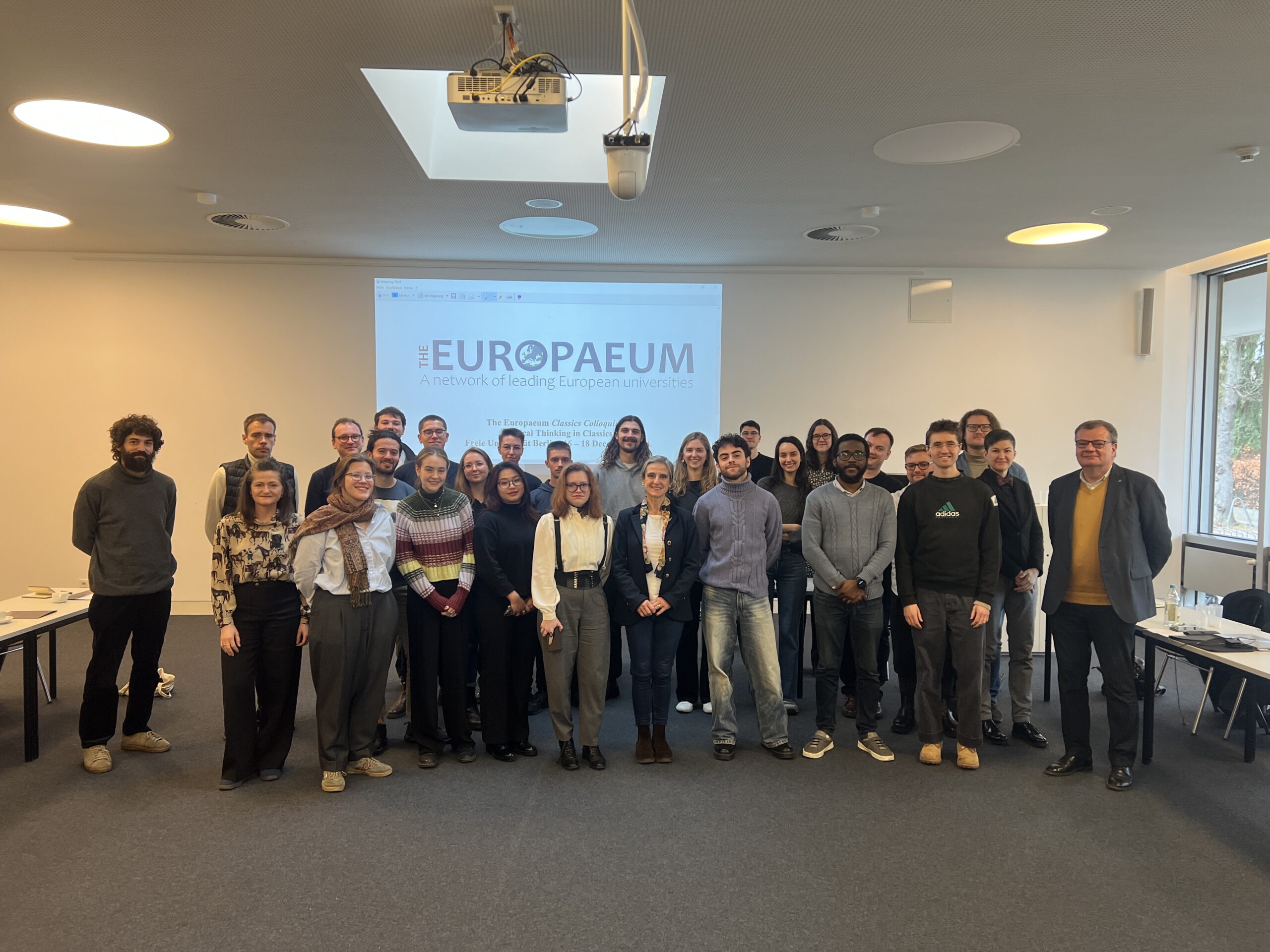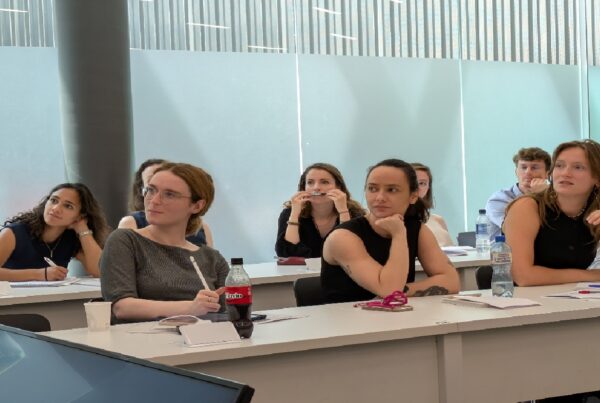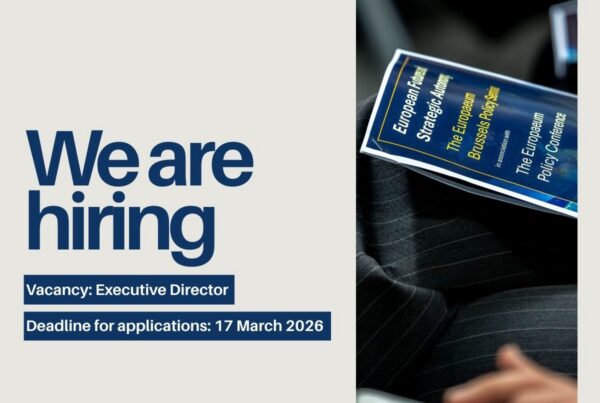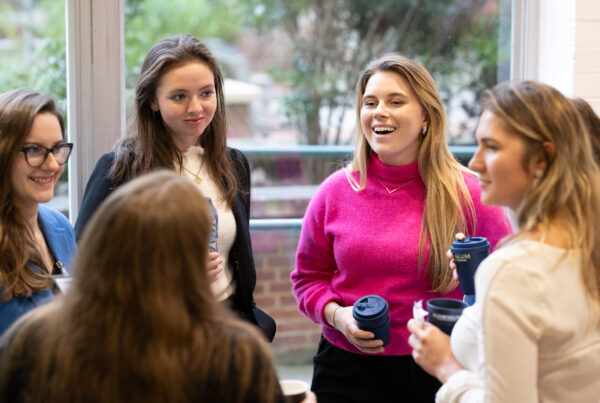
This year’s Classics Colloquium took place at the Freie Universität, Berlin from 16 to 18 December. The theme was “critical thinking in Classics”. While often considered a modern concept, critical thinking can itself be traced back to Antiquity. Greek and Roman, and non Greco-Roman, thinkers grappled with questions of logic, rhetoric, and epistemology, laying the foundations for the development of critical thinking as we know it today. A variety of keynote lectures and student papers explored this history.
Prof. Miriam Valdes Guia (Complutense University of Madrid) opened the proceedings with a lecture on the Attic demos in the 6th century and the rationalities of clientelism, political awareness, and agency in Athenian society. Several students then presented papers based on their own masters theses and doctoral research. These included discussions of emotions in Boethius’ Consolation of Philosophy, the reconstruction of late Antique theatre from Christian sources, intersectionality in Euripidean tragedy, “infowars” in late Republican Rome and the cult of the dead amongst the Donatists of North Africa.
The Colloquium included a number of other keynotes from distinguished academics from around the Europaeum network. Prof. Emma Greensmith (St John’s College, Oxford) discussed the tradition of the Homeric scholia in late Antiquity. Dr Alexia Petsalis-Diomidis (St Andrews) presented on critical thinking and the reception of marvels in Greek texts. Dr Kate Cook (St Andrews/KCL) explained how we might think about the Ancient World using modern video games.
After the formal proceedings, the students visited the Altes Museum in central Berlin where they received a guided tour of the current exhibition on Women in Ancient Myth. A scheduled discussion with Prof. Victoria Moul (UCL) on being a Classicist beyond the academy was cancelled owing to illness. However, the Core Director gave a lecture on seventeenth-century neo-Latin puzzle literature in its place.
The Europaeum thanks all the speakers for their generosity with time and intellectual energy. It also thanks the staff of the Freie Universität who facilitated our event. Professor Melanie Möller, who welcomed the students, and Dr Fabian Zuppke, who gave a further keynote lecture on on rationality and religiosity in Republican Rome, were exemplary hosts. Dr Zuppke and Marie Menzel led a team of student assistants who ensured that the whole proceedings ran smoothly.
Student Kristoffer Shelton (Copenhagen) writes:
“This year’s Europaeum Classics Colloquium had the timely topic of critical thinking in Classics, which gave way to a vast array of different engagements with Antiquity by the speakers of the event. With papers spanning from archaic Greece to the early Dark Ages, from Athenian tragedy to North African grave cults, the colloquium showed just how timeless and unbound by subject matter critical thinking is and the distance between Classics and contemporary issues seemed remarkably diminished.”
Student Lucía Sánchez Mur (Complutense) writes:
“The Classics Colloquium 2024 has turned out to be a tremendously enriching experience. Knowing first-hand people specialized in Classics from different universities is very useful for people who, like me, have just entered the world of research. The broad topic “Critical Thinking” was very interesting as it was presented from different academic perspectives and methodologies. In my case study, being able to see first-hand specialists in ancient Greek language and literature has been one of my greatest opportunities at this time. Going beyond general knowledge about the Classics is really important, so presenting new approaches focused on interdisciplinarity, gender studies and comparative studies between different religions is opening up to a new type of academic methodology. Furthermore, getting to know the Freie Universität Berlin was incredibly positive, both for its facilities and for the students who also presented some readings. I consider that this type of academic contacts is really important to create connections between research and, perhaps in the future, to be able to work with colleagues. I certainly thank Europaeum for bringing together such interesting and intelligent people from European academia.”
Student Valentino Gargano (Oxford) writes:



